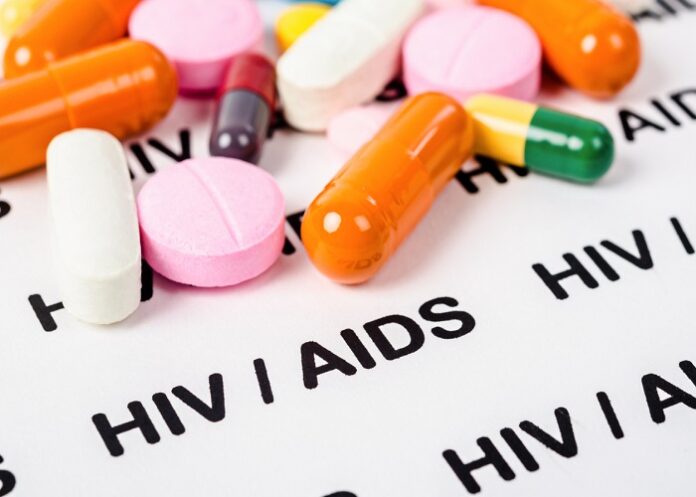The first HIV cure trial in Africa – carried out in Durban – shows that 20% of trial participants remain off ART and are still virally suppressed after 18 months, providing insights toward the development of future HIV cure approaches, say the scientists.
The results were presented at the 2025 Conference on Retroviruses and Opportunistic Infections (CROI), in San Francisco this week, with University of KwaZulu-Natal Professor Thumbi Ndung’u, the director for Basic & Translational Science at Africa Health Research Institute – who led the trial – saying: “While this treatment approach didn’t work for most participants, it is still a significant development in HIV cure research. Studying how the 20% managed to control the virus on their own will help scientists develop better HIV cure strategies, as well as work out ways to improve future treatments.”
The study tested a promising HIV treatment approach called combination immunotherapy. The goal was to either eliminate or reduce hidden traces of HIV in the body so the immune system could keep the virus in check without the need for lifelong medication.
In this first HIV cure clinical trial on the continent, the researchers treated participants with antiretrovirals very soon after they acquired HIV. Once the virus was controlled by ART, they administered powerful immune-boosters. Under close medical supervision, participants then stopped ART to see if their bodies could control the virus on their own.
Twenty women were enrolled in the trial, a significant milestone because women are a group disproportionately affected by HIV yet are often under-represented in cure-related research.
The results show that 30% of participants (six out of 20) were able to stay off HIV treatment for nearly a year, and 20% (four participants) remained off treatment until the trial ended at 55 weeks.
Even after the trial, these four women, who are still being closely monitored, have continued without medication for an average of 1.5 years.
Ndung’u said this trial was also significant “because it proves that complex HIV cure research can be successfully conducted in resource-limited settings where the need is greatest, and highlights the importance of including African populations in global scientific advancements”.
See more from MedicalBrief archives:
The ongoing search for a cure for HIV
Efficacy of six-monthly anti-HIV jab confirmed in second study

